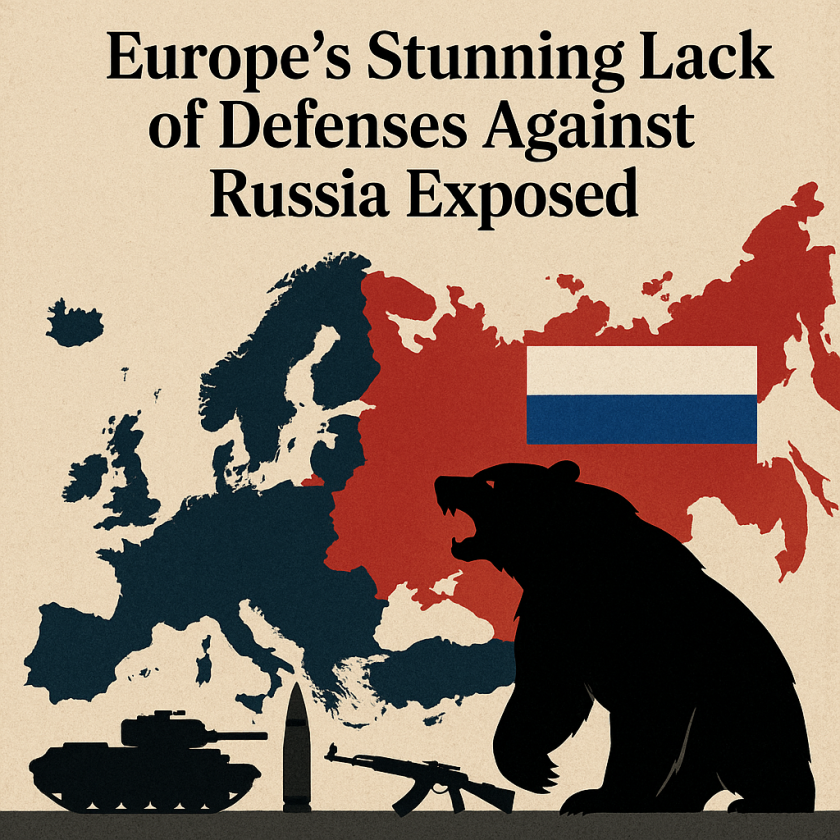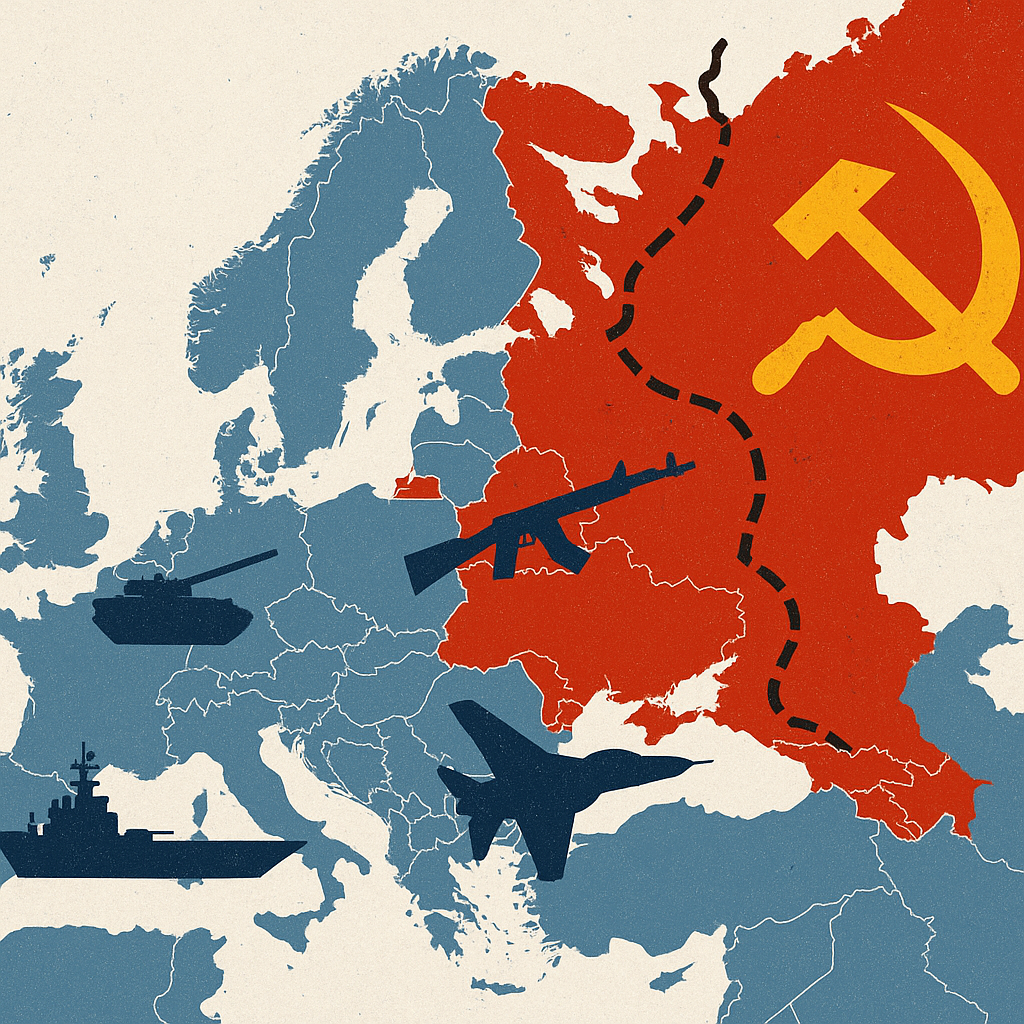Europe’s Stunning Lack of Defenses Against Russia Exposed
Europe’s Stunning Lack of Defenses Against Russia Exposed
Europe’s lack of defenses against Russia has become painfully apparent amid ongoing geopolitical tensions, raising significant concerns about security and preparedness on the continent. This vulnerability is particularly highlighted by the resurgence of drone warfare, a key element in modern military strategies that poses both a direct threat to sovereignty and challenges conventional defense paradigms.
The Current Landscape of Defense in Europe

Recent assessments reveal that many European countries are struggling to keep pace with evolving threats from Russia. Experts cite a multitude of factors contributing to this concerning situation:
– Limited Military Budgets: Many European nations have not sufficiently increased defense spending despite a clear need for modernization and expansion of military capabilities. For instance, several smaller nations continue to allocate funds primarily towards social services, leaving defense in a precarious state.
– Outdated Equipment: Reports indicate that while some European militaries possess advanced technology, a significant portion still relies on outdated equipment. This includes lack of drone defense systems capable of countering hostile unmanned aerial vehicles (UAVs), which have been increasingly deployed in conflict zones.
– Insufficient Coordination: Another pressing issue is the lack of strategic coherence among European nations. While NATO serves as a buffer, there are notable gaps in how member states share intelligence and collaborate on defense initiatives, often leading to duplicated efforts and wasted resources.
Perspectives on the Threat
Different news sources provide varying angles on the implications of Europe’s defense shortcomings. Within the coverage on Sky News, experts like Paul Taylor underline the urgent need for investment in drone defense systems to counter the Kremlin’s capabilities. Taylor argues that Europe must prioritize defensive technologies that are often overshadowed by traditional military hardware, suggesting that adapting to modern warfare is crucial for safeguarding national sovereignty.
Conversely, Al Jazeera highlights the political ramifications of this military vulnerability. The outlet suggests that Europe’s failure to create a unified front against Russian aggression could embolden further incursions or adverse actions, shifting the balance of power in Eastern Europe. By failing to present a coordinated defense strategy, Europe risks signaling a lack of resolve to Russia, which could lead to increasingly aggressive tactics from the Kremlin.
Potential Solutions and the Path Forward
As the discourse continues, it is critical to consider what actionable steps European nations can take to bolster their defenses:
– Increase Defense Spending: Several experts advocate for a tangible commitment to increase defense budgets. This means not only reallocating existing funds but also finding ways to creatively engage private enterprises in defense innovation.
– Collaborative Defense Initiatives: Strengthening alliances and facilitating joint military exercises can improve operational readiness. Some countries have already started to explore collaborative defense projects, which could pave the way for greater interoperability among armed forces.
– Investing in Technology: Emphasizing research and development in cutting-edge technologies, such as AI-driven defense systems, could help European nations outpace traditional threats. This would require both public and private investment towards creating robust drone defense systems capable of neutralizing aerial threats.
Balancing Complexities and Moving Forward
While the challenges are substantial, there is a growing recognition across Europe of the need for decisive action. However, consensus on effective measures remains difficult to achieve. Some countries prioritize diplomacy while others lean heavily towards military preparedness, creating a divide that complicates unified action.
Additionally, the perception of the threat posed by Russia varies significantly from country to country. Nations bordering Russia tend to have a heightened sense of urgency, while others further west may be less inclined to prioritize military enhancements. This disparity goes beyond mere allocation of resources; it affects national policies on issues like immigration, economic sanctions, and trade relations.
Ultimately, the ongoing situation warrants careful consideration of both narratives and strategies. Experts urge that Europe must adapt to the realities of modern warfare while managing complex political relationships. The focus should not only be on addressing immediate threats but also on fostering a strategic climate that supports long-term stability and security.
In conclusion, Europe’s lack of defenses against Russia underscores a pressing need for comprehensive rethinking of its military strategy. By addressing these vulnerabilities, prioritizing collaboration, and investing in technology, Europe can position itself as a formidable actor on the global stage, capable of navigating the multifaceted complexities of modern geopolitical tensions.






































